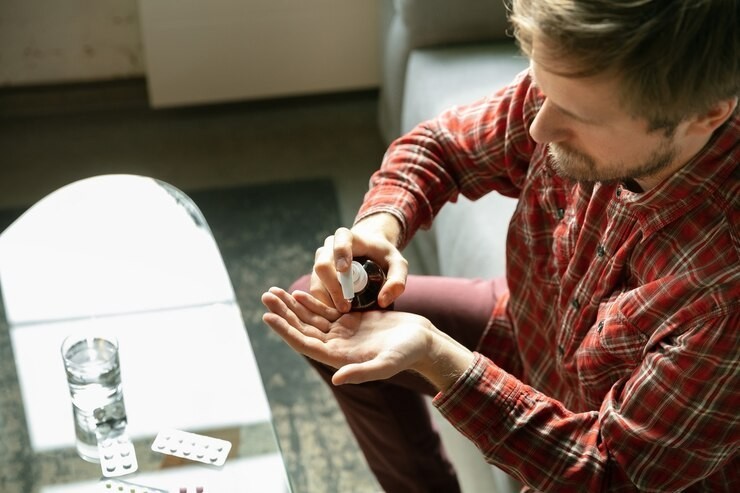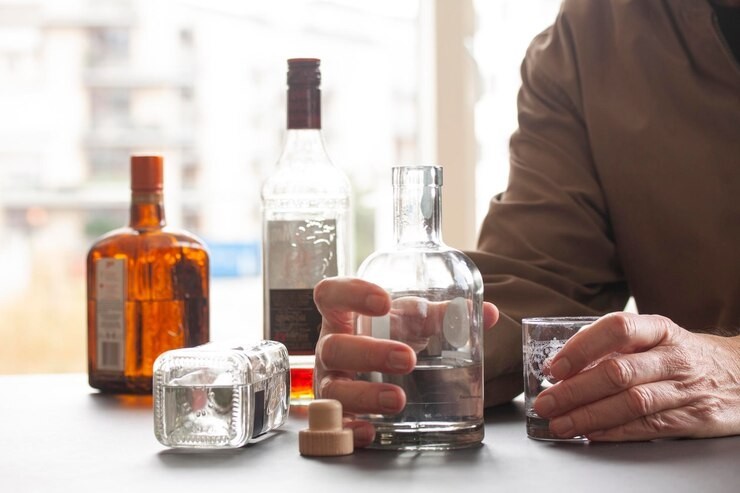Together we can combat the Addiction Epidemic in Philadelphia
At Philadelphia Recovery Residences, we strive to help others overcome the disease of addiction and to integrate back into a fulfilling life of productivity and happiness. We are here to serve the community and to guide others in the direction of lifelong sobriety. We would also like to help educate and give some insight on how to determine whether someone may be struggling with addiction or alcoholism. Together we can combat the addiction epidemic in Philadelphia.
Very often, addicts do a very good job at hiding their drug use. In the early stages of addiction there are many signs to be aware of. The disease of addiction is a progressive illness and when the individual does not seek help, it tends to worsen as time goes on.
Although an addict can obtain sobriety at any point in their addiction, it is sometimes much easier to begin on the road of recovery before the disease progresses. The addiction epidemic in Philadelphia can be overcome, but it will take a lot of work and cooperation in our community. Here are some behaviors to be aware of amongst family members or friends that you suspect may be abusing drugs or alcohol:
- Being secretive or evasive – The first step toward recovery is admitting that you have a problem. Addicts will go to great lengths, and do whatever it takes to keep their problem a secret. They will avoid clear answers to your questions, keeping secrets, or acting in unusual manners.
- Frequent lying – To protect themselves from admitting to drug or alcohol abuse, addicts will lie. This goes along with the first sign in keeping secrets and avoiding certain conversations.
- Mood swings – Noticeable quick and frequent changes in the individual’s mood can be a sign often affiliated with addiction or based on the substance abused. Some illicit drugs and alcohol trigger different emotions and the amount of the substance abused and frequency of abuse can trigger major mood swings.
- Major changes in sleep of energy levels – Very much like mood swings, alcohol and drug addiction can play a major role in an addict’s energy levels. The substance abused can play a pertinent role on whether an individual expresses intense amounts of energy, like through the abuse of cocaine or methamphetamine, or expresses a type of melancholy depression paired with drowsiness or excessive sleep patterns through the abuse of depressants like benzodiazepines or prescription sedatives.
- Fluctuations in weight – Many substances have a direct effect on metabolism and appetite; therefore, an individual struggling from alcohol and drug addiction may suffer from sever weight gain or loss. Eating disorders are also a form of a psychiatric disorder that can happen in tandem to an alcohol or drug addiction—a dual diagnosis. A dual diagnosis can also be an explanation for individual’s fluctuations in weight.
- Attitude and appearance changes – When an individual is struggling with addiction they often change their way of living, including the way in which they dress, carry themselves and treat others. Substance abuse can trigger an abundance of moods and actions such as, aggression, apprehension, shortness with others, etc. This can be explained through the psychological impact of illicit drugs and alcohol on the human body or through changes in the people they hang out with and activities they start to take part in. Alcohol and drug abuse generally makes an individual think about life differently, therefore sparking a different way of living it.
- Loss of interest in things they used to enjoy – If you notice a loved one no longer wants to spend time with their family and friends or stops participating in activities they normally would have, alcohol and drug addiction may be the case. Alcohol and drug addiction consumes a large part of an individual’s life, which in turn gives them little time to continue the hobbies they used to enjoy.
- Failing to meet obligations – When addiction entraps an individual, it overtakes their rational thinking; including, meeting deadlines, going to work, finishing tasks, etc. A major sign of alcohol and drug addiction is when an individual who you would normally see as responsible and driven starts to fail in meeting commitments because they seem to care no longer.
- Loss of memory – If you and your loved ones are reminiscing of good times and one member doesn’t participate in the conversation due to lack of memory, or like sign number eight, your loved one forgets to meet obligations, an alcohol and drug addiction may be causing a loss in memory. Substance abuse often causes blackouts from heavy usage in a small window of time. The more blackouts an individual undergoes, the more longtime memory loss that individual may suffer. Most illicit drugs also have direct impacts on the working of the human brain, which can cause memory loss among many other damaging effects.
- Stealing – Addicts will do anything to feed their next high, and that includes stealing from the ones they love just to buy drugs or alcohol. Be aware if items or money is going missing. This is a typical sign of drug and alcohol abuse.
If you or a loved one is demonstrating any of these signs, do not hesitate to confront them, you may save their life. The disease off addiction is deadly and has been taking too many lives. This is a global crisis but there is no denying how bad the addiction epidemic in Philadelphia has manifested into epic proportions.
We at Philadelphia Recovery Residence are here to help in any way possible. We also partner with many Treatment providers as well as companies that specialize in community outreach. All of which have the same vision as us and want to assist us in fighting the addiction epidemic in Philadelphia.
Visit our website for more information about Philadelphia Recovery Residences
Stay connected with Philadelphia Recovery Residences on Facebook
Treatment Center Help is a community outreach company that we partner with. They have helped thousands of addicts struggling with addiction. They are a local group that does amazing work inside out outside of our community here in Philadelphia. They are also fully on board to help combat the addiction epidemic in Philadelphia.




